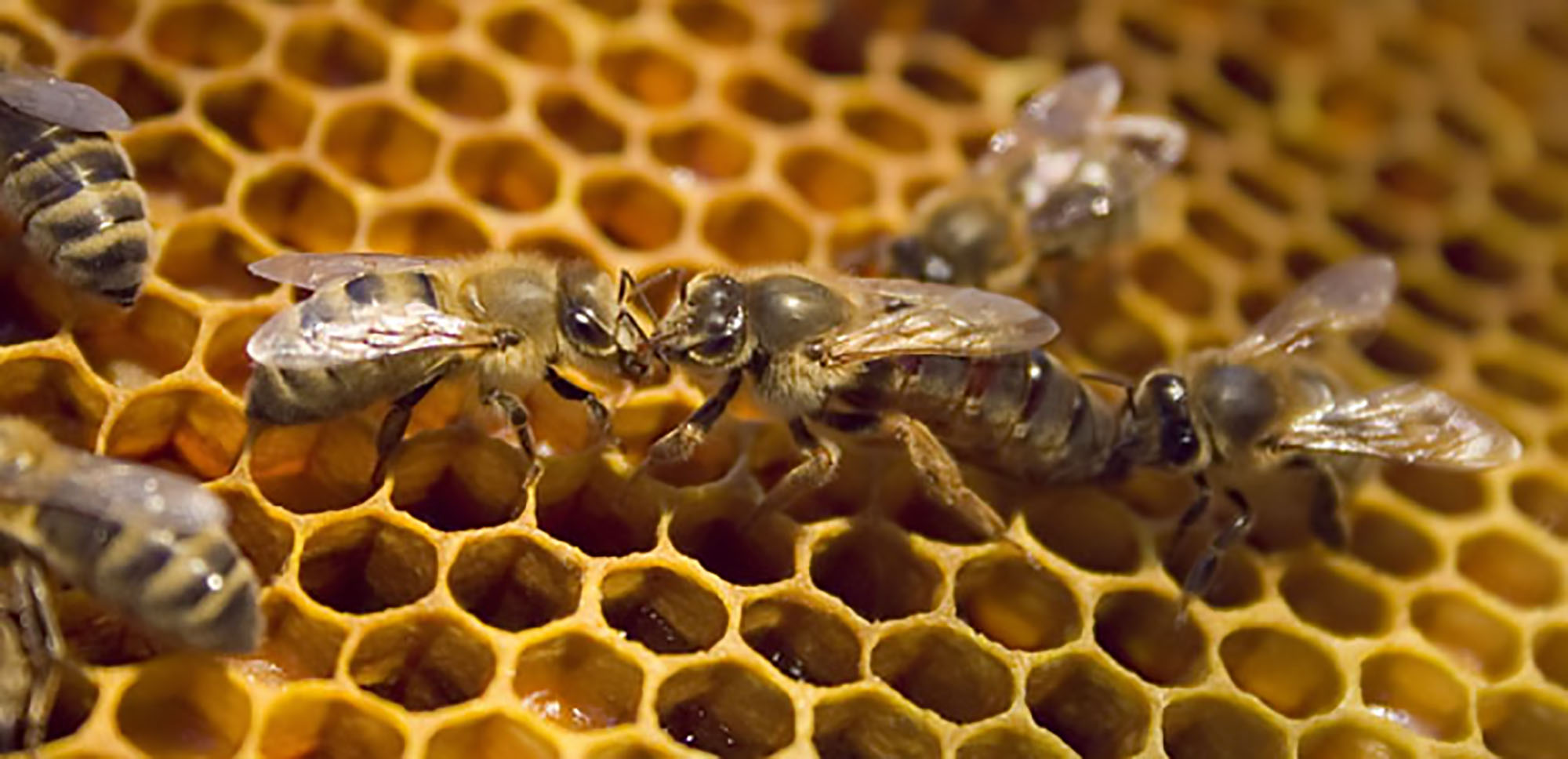Planting Schemes For Bees
At UEEC we are frequently asked to provide recommendations for increasing the ecological value of a site, so in order to improve the level of detail in our planting scheme recommendations we began looking at bee research carried out at the University of Sussex Laboratory of Apiculture and Social insects. The Laboratory has been running for a number of years now and has been involved in research looking at the reasons for the decline in global bee populations and what can be done to remedy this.
Some of its results are fascinating and have great validity when considering recommendations which crop up time and again in ecological reports, for example, providing resources which increase the value of the site for invertebrates.
Asters are one group of flowering plants that have always been regarded as particularly bee friendly. However, research by Mihael Garbuzov has shown that some species of Aster are 100 times more attractive to bees than others, while the majority do not appeal at all. Other findings have demonstrated how valuable ivy is as a resource for bees in the autumn when it provides around 90% of their pollen.
Providing a resource for invertebrates is complex; for example both lavender and borage attract bees, but lavender generally attracts more bumble bees than honey bees, borage the reverse. Another popular garden plant, Pelargoniums (also known as geraniums), receive few visits from either type of insect.
The UK supports over 250 bee species, including 225 species of solitary bee, 24 types of bumblebee and a single honeybee species. It is widely documented that many of these species have suffered serious population declines, and it is therefore important to carefully consider which species of insect you are trying to benefit and to liaise with home owners, developers and landscape architects to achieve the best possible gains for invertebrates.
Urban Edge Environmental Consulting Ltd
Unit 5 | Westergate Business Centre
Westergate Road | Brighton | BN2 4QN
©2019 Urban Edge Environmental Consulting Ltd. All rights reserved.

